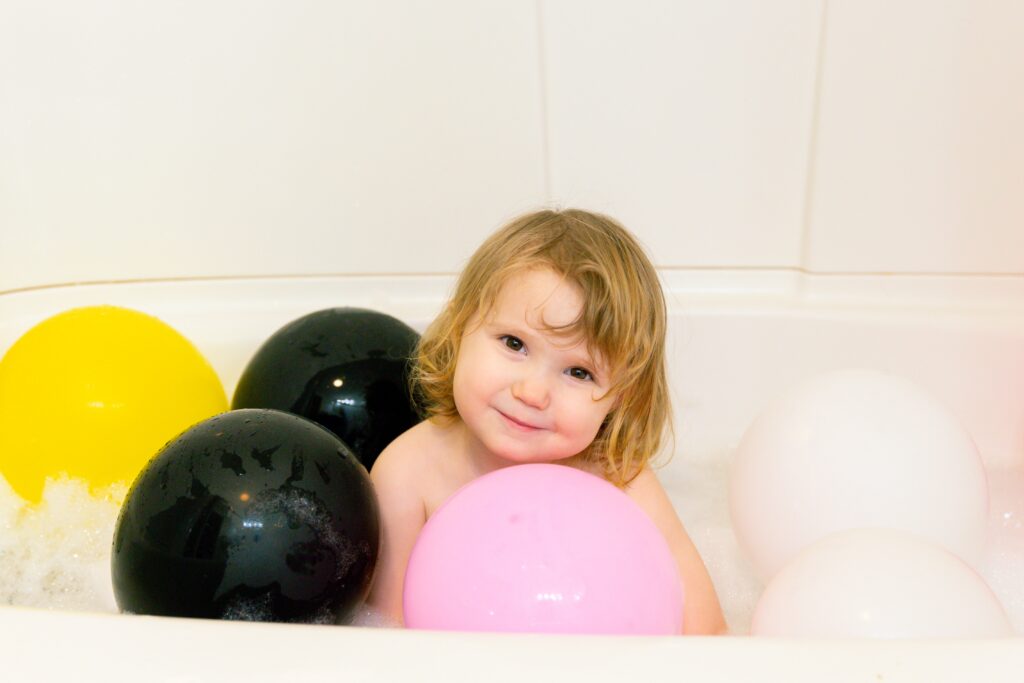It is not easy to Communicate Effectively with your Child for building strong relationships, fostering emotional development, and helping them navigate the challenges of growing up. It’s a skill that parents and caregivers should prioritize to ensure that their children feel heard, understood, and supported. In this article, we will explore strategies and tips on how to communicate effectively with your child.

The Importance of Effective Communication
Communication is the foundation of any healthy relationship. When parents and children communicate openly and honestly, it creates trust and strengthens the bond between them. It also helps children develop language and social skills that are crucial for their overall well-being.
Create a Safe and Supportive Environment
To encourage open communication, create an environment where your child feels safe and supported. Let them know that they can share their thoughts, feelings, and concerns without fear of judgment or punishment. Be approachable and available for conversations.
Active Listening
Active listening is a fundamental aspect of effective communication. When your child speaks, give them your full attention. Make eye contact, nod to show you’re listening, and avoid interrupting. Reflect back what they say to ensure you understand their perspective.
Use Age-Appropriate Language
Adjust your communication style to your child’s age and developmental stage. Younger children may need simpler language, while older children can engage in more complex discussions. Tailor your approach to their level of understanding.
Encourage Openness and Trust
Build trust by being honest and transparent with your child. If they sense that you are truthful with them, they are more likely to reciprocate. Encourage them to ask questions and express their feelings.
Be Patient and Empathetic
Children may struggle to express themselves, especially when dealing with strong emotions. Be patient and empathetic, acknowledging their feelings even if you don’t agree with them. Validate their experiences.
Non-Verbal Communication
Non-verbal cues such as facial expressions, body language, and tone of voice play a significant role in communication. Be aware of your non-verbal signals, as they can convey as much, if not more, than words.
Set a Good Example
Children learn by observing their parents and caregivers. Model effective communication by demonstrating active listening, empathy, and respectful behavior in your interactions with others.
Addressing Challenges
Communication can face challenges, especially during adolescence when children may become more reserved. Be persistent in maintaining open lines of communication, even if it requires more effort.
Building Problem-Solving Skills
Teach your child problem-solving skills through communication. Encourage them to think critically, express their opinions, and work together to find solutions to problems or conflicts.
Conclusion
Effective communication with your child is an ongoing process that requires patience, empathy, and active participation. By creating a supportive environment and practicing open, respectful dialogue, you can strengthen your relationship and help your child develop essential life skills.
FAQs
Q1: How can I encourage my child to open up and share their feelings?
A1: Create a safe space for them to talk, be an active listener, and avoid judgment or criticism. Let them know that their feelings are valid and that you are there to support them.
Q2: What should I do if my child is not talking to me?
A2: Give them time and space while also letting them know you are available when they are ready to talk. Be patient and avoid pressuring them.
Q3: Is it normal for teenagers to become more distant in communication?
A3: Yes, it’s common for teenagers to seek more independence and privacy. Maintain open lines of communication while respecting their need for autonomy.
Q4: How can I improve my non-verbal communication with my child?
A4: Pay attention to your body language, facial expressions, and tone of voice. Practice conveying empathy and understanding through non-verbal cues.
Q5: What role does active listening play in effective communication?
A5: Active listening shows your child that you value their thoughts and feelings. It fosters trust and encourages open dialogue.



